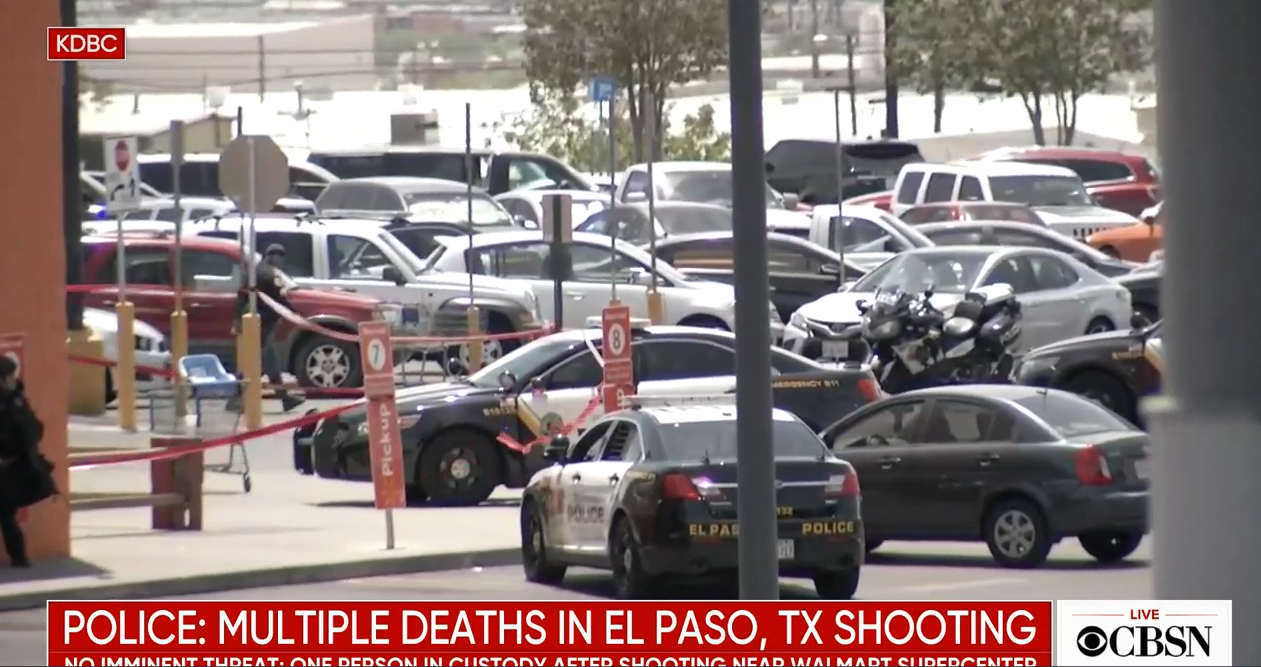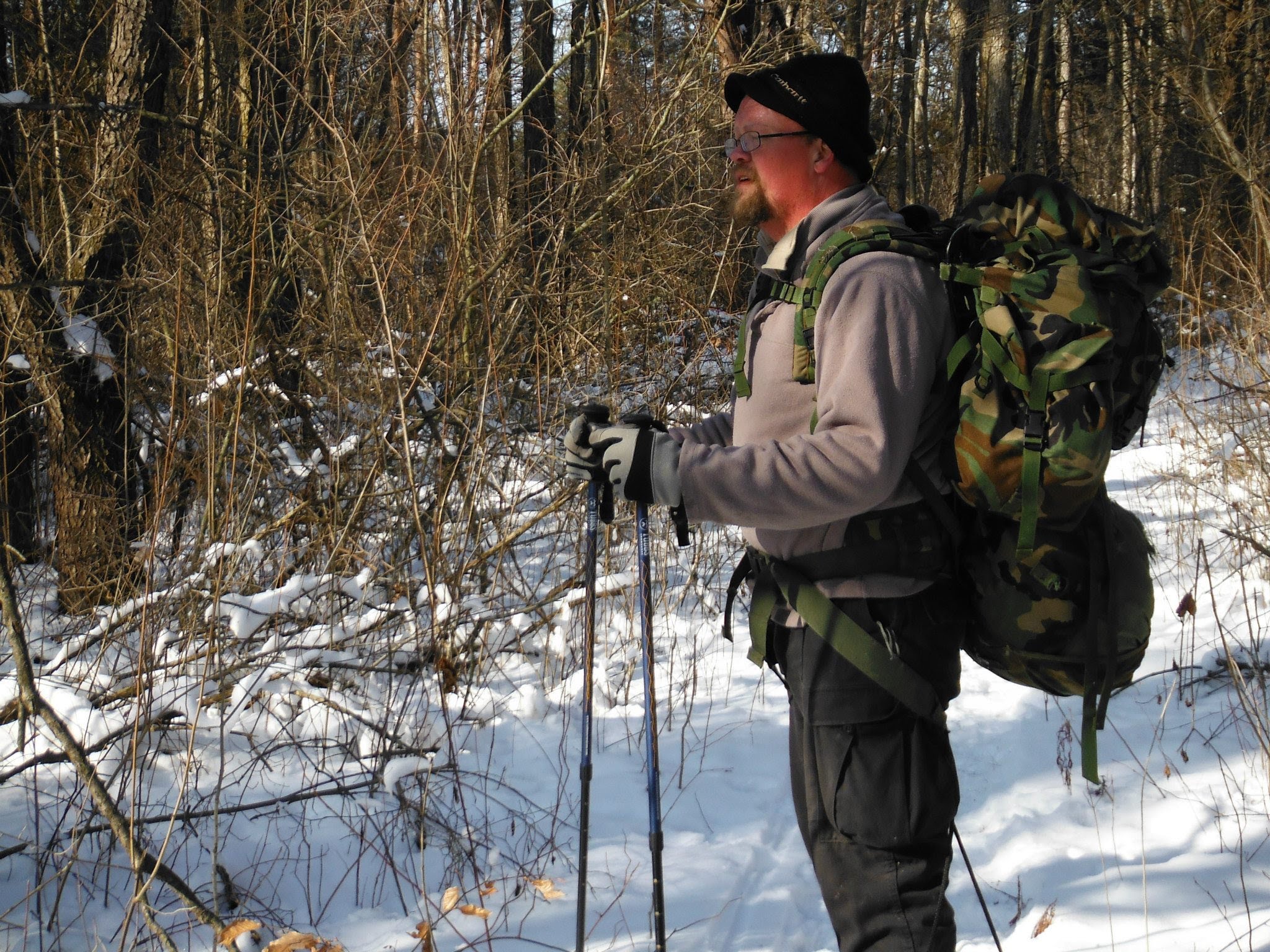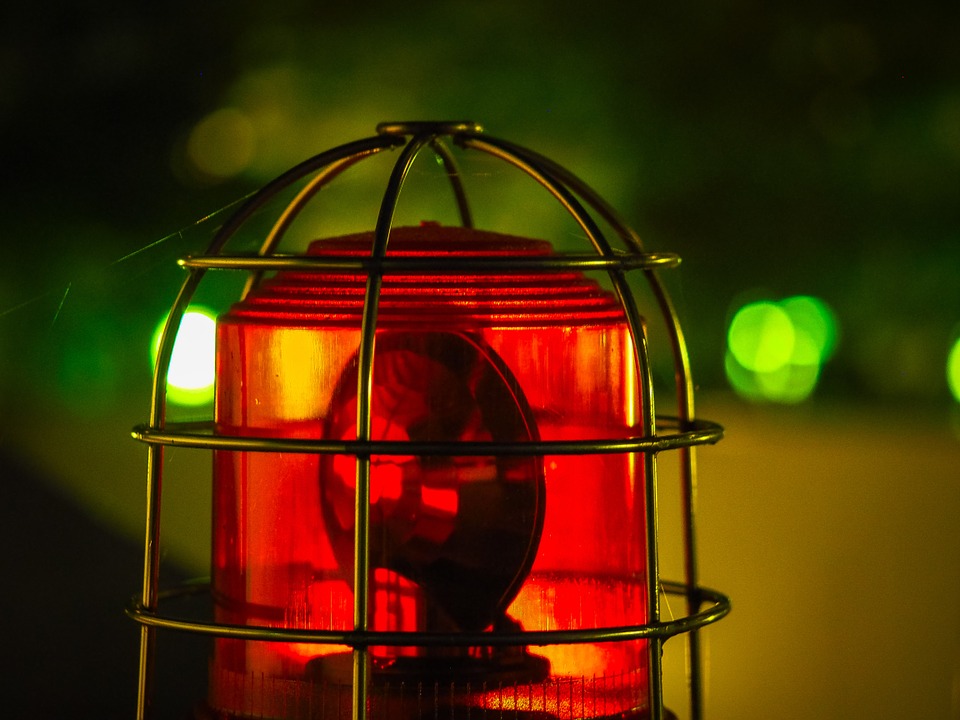What to expect when a State of Emergency is declared
08/07/2019 / By Ralph Flores

State of emergency – it’s a phrase that gets tossed around quite a lot, especially in the news.
- “Florida Officials have declared a public state of emergency to help deal with a rise in Hepatitis A cases.” – a WCJB report on hepatitis A cases in Florida
- “Tunisia’s interim president extended the country’s state of emergency for another month, his office said in a statement on Friday.” – an update in Reuters regarding the country’s response to separate attacks in the country’s capital
- “Louisiana Governor John Bel Edwards on Wednesday declared a state of emergency after three public school districts were seized by ransomware.” – a KSLA article on the state’s response to ongoing malware attacks in three public school districts
It’s not just on the news that people hear these words – just about any movie that deals with disasters and national security carries this phrase, often with a sense of impending doom.
But for the rest of us, what exactly does a “state of emergency” mean?
Understanding what “emergencies” are (and what they’re not)
A state of emergency happens when the government encounters a situation that it has to act on immediately. While this may look like a broad definition (something that political theorists love to discuss), it must fulfill four aspects under the Emergency Concept before it can be called as such:
- Temporal character. Is the emergency sudden, unforeseen, and for an unknown duration?
- Potential gravity. Is the emergency dangerous and threatening to a person’s life and well-being?
- Perception. Who (or what) says that this phenomenon is an emergency? In most cases, the Constitution provides guidance on the matter, but it’s not always conclusive.
- Response. Since the emergency is unanticipated, can it be dealt with according to existing rules?
Under the National Emergencies Act of 1976, the president has the power to declare national emergencies, but he must first cite the specific emergency powers he is activating under existing statutes. A mayor or governor can also declare a state of emergency, often to gain additional aid and response and prevent additional damage or loss of life. In extreme cases, the declaration of a state of emergency is accompanied by martial law.
According to the latest Congressional Research Service report, the U.S. has 31 declared national emergencies in effect. To note, former Presidents Barack Obama and George W. Bush each have 10 national emergencies that are still ongoing. The longest national emergency in effect is from the Carter era freezing Iranian government assets within the U.S., which was done in response to the Iran hostage crisis.
What happens when a state of emergency is declared in your area?
In theory, a state of emergency is a power governed with laws and regulations, but it’s also a power that has a chilling effect. An area under a state of emergency will receive aid and resources faster, but this also allows the government to issue movement bans and curfews and place restrictions on the sale of commodities. It also allows the government to suspend habeas corpus, freeze assets, and confiscate properties.
That’s not to say that declaring a state of emergency is necessarily evil: Currently declared emergencies on narcotics trafficking and terrorism has allowed the government to do its job better, but it has also raised real concerns about human rights violations, both here and abroad. There are also cases like the state of emergency declared by the state of Louisiana after three of its school systems were hit by malware attacks. In a statement, Edwards said that the declaration makes state funds available to respond to cyberattacks and prevent further data loss. (Related: Here we go again: Michigan declares state of emergency after cancer-causing chemical confirmed in the public water supply.)
Preppers, of course, would benefit from understanding how the law works (a reading of the National Emergencies Act of 1976, the Insurrection Act of 1807, and the Emergency Economic Powers Act of 1977 is in order), and how it can be abused. While a state of emergency doesn’t mean that your rights will immediately be stripped, the possibility of it happening is a good reason to be wary of this declaration.
Prepping under a state of emergency
If you ever find yourself in an area that has been placed in a state of emergency, it’s best to expect the following. (h/t SurvivalSullivan.com)
- Mandatory evacuations, sometimes by force
- Curfews
- Confiscation of goods, equipment, and property – especially those that will help in emergencies
- Price fixing, to avoid scalping
- Conscription of citizens
In some cases, government (state and federal) may overstep its bounds and issue decrees that might seem at odds with your current survival strategy. It’s best to consider all of your options at this point – just because “authorities” are on the scene doesn’t mean you’re exempted from being a critical thinker or coming up with a choice that will benefit you in the long run.
Fortunately, we’re still living in a reality where the “state of emergency” is a term used rationally (for the most part). It might not be an issue for now – making it the best time for preppers to think of a way to respond to it, if and when it goes haywire.
Sources include:
FAS.org [PDF]
Tagged Under: aid response, bug out, civil rights, Emergency Concept, freedom, government, Liberty, martial law, national emergencies, National Emergencies Act, national emergency, off grid, Off-the-grid living, preparedness, prepper, prepping, SHTF, State of Emergency, survival, survivalist
RECENT NEWS & ARTICLES
COPYRIGHT © 2018 SELFDEFENSE.NEWS
All content posted on this site is protected under Free Speech. SelfDefense.news is not responsible for content written by contributing authors. The information on this site is provided for educational and entertainment purposes only. It is not intended as a substitute for professional advice of any kind. SelfDefense.news assumes no responsibility for the use or misuse of this material. All trademarks, registered trademarks and service marks mentioned on this site are the property of their respective owners.



















